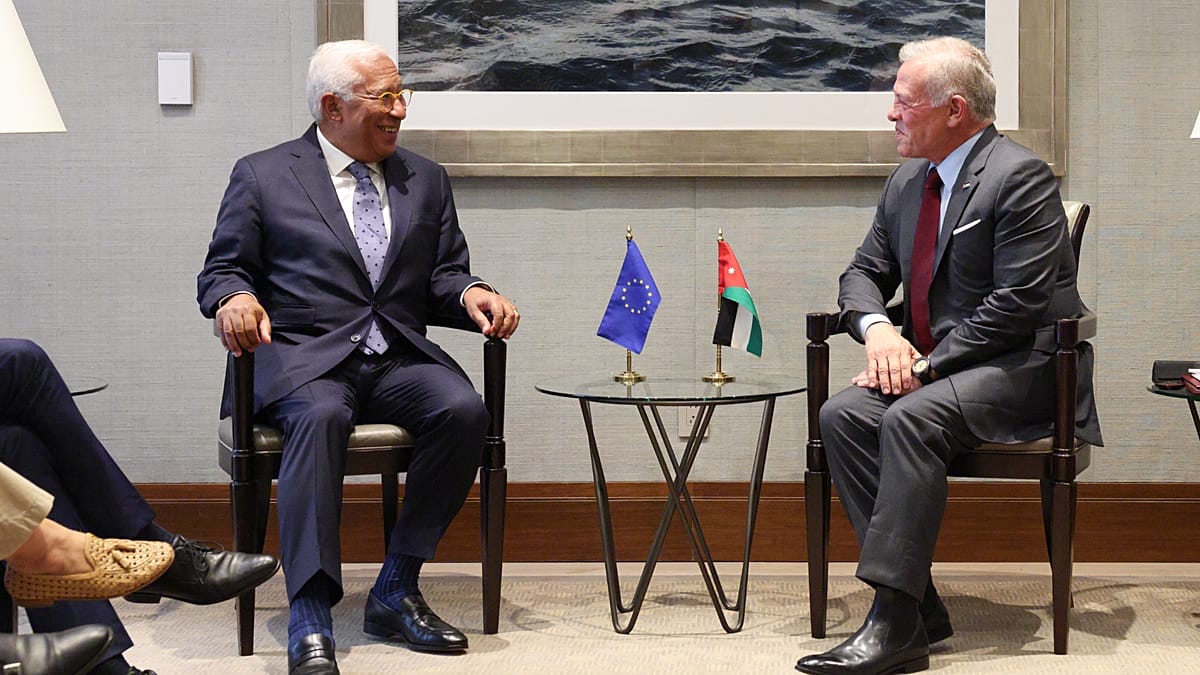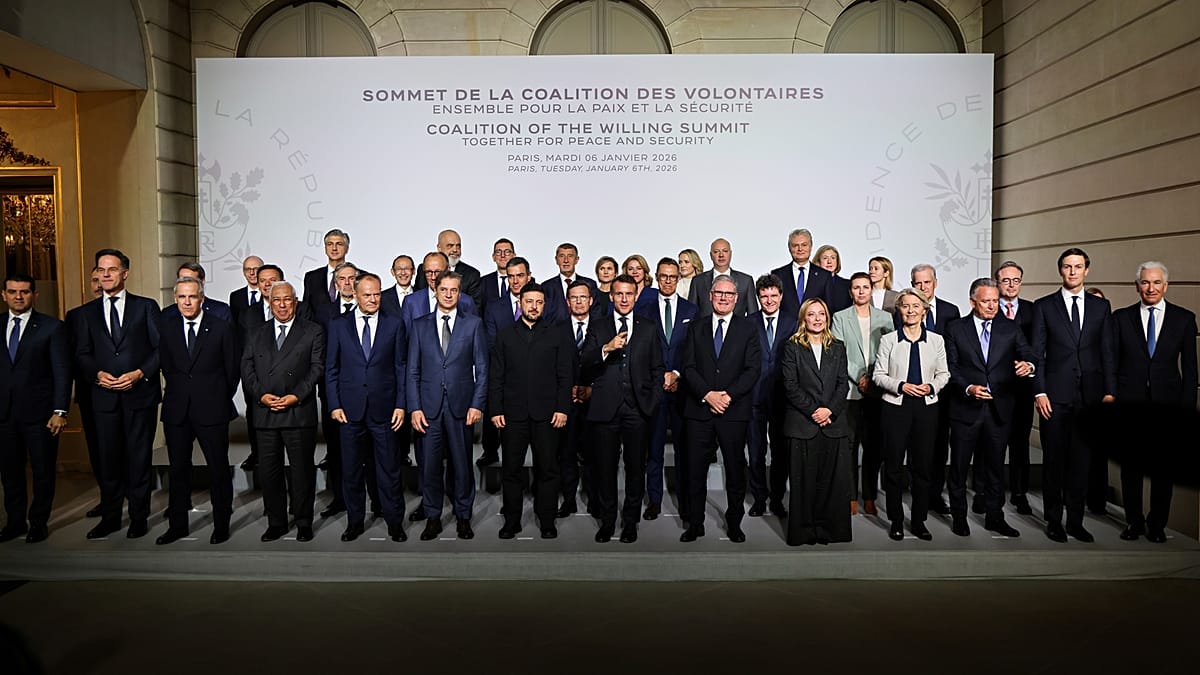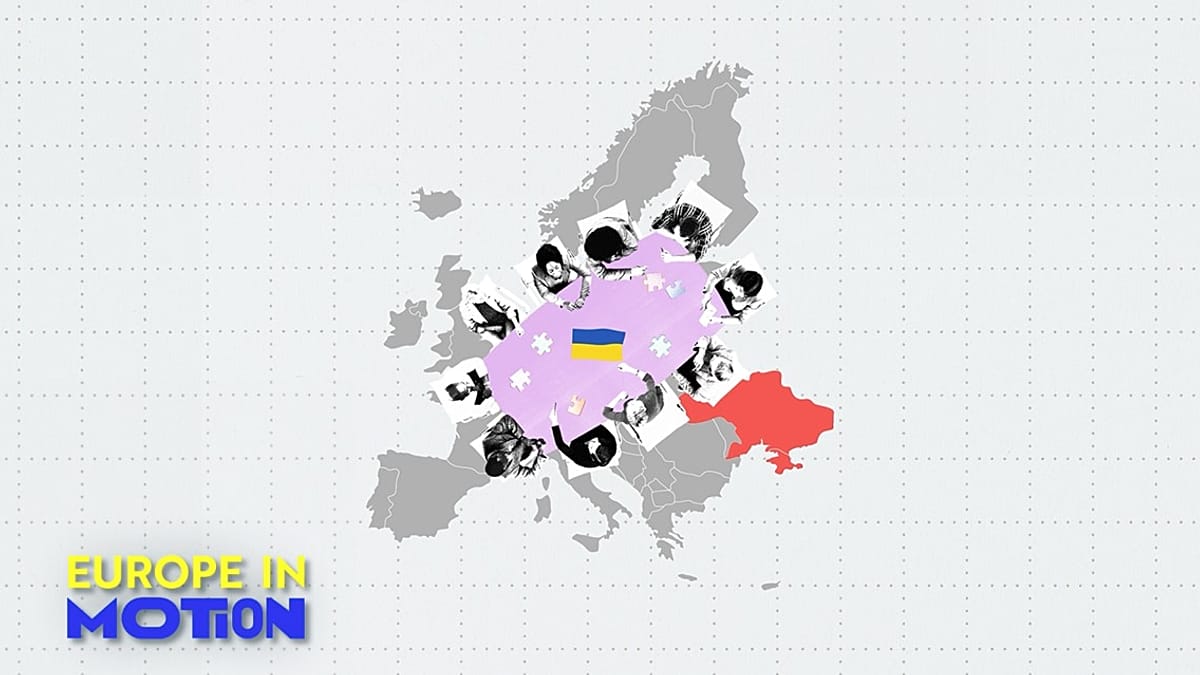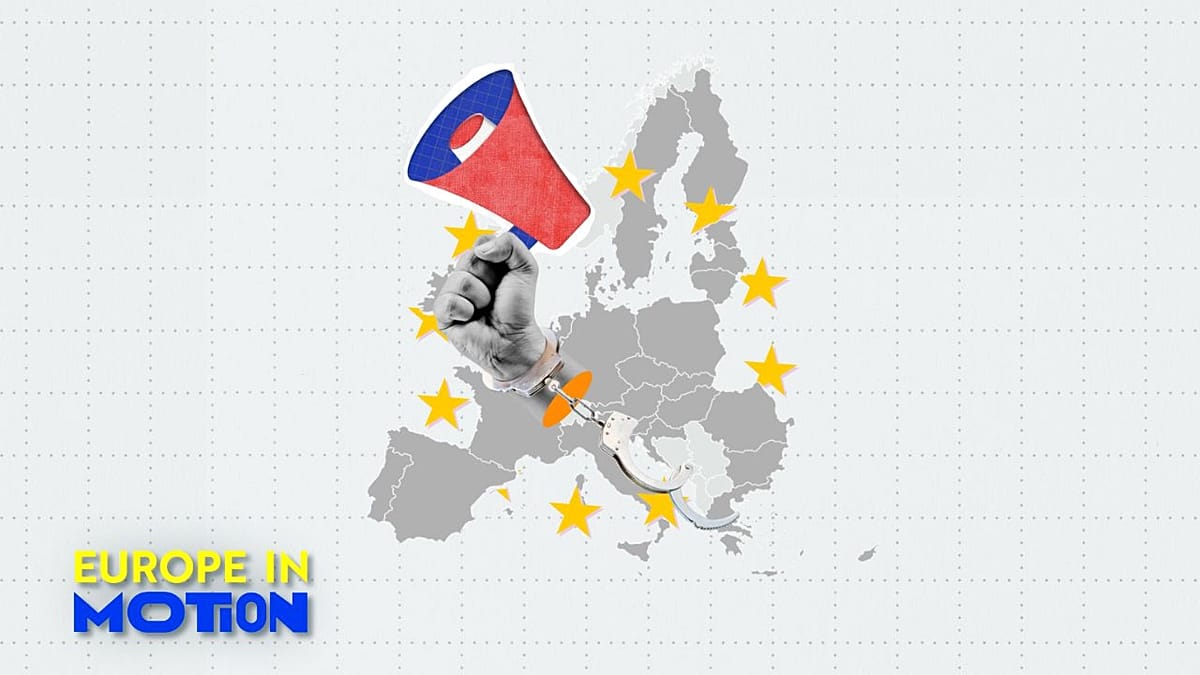
Advocates for women and domestic abuse victims are calling for men to take responsibility for “their whanaunga” (relatives) and for tamariki to be put at the centre of decision-making in disputes.
The call came as singer Ria Hall told her story of physical abuse on TVNZ’s Marae programme. Her ex-partner Eruera Keepa was convicted of assault and then shortly afterwards took a prominent speaking role for his iwi at Koroneihana.
Watch the full report and panel discussion on TVNZ +.
The programme highlighted the impact of men with a background of domestic violence and abuse being afforded the cultural right to speak on the paepae, or in formal public settings on behalf of their iwi.
Merepeka Raukawa-Tait, former CEO of Women’s Refuge, said she was a big believer of men being given the opportunity to redeem themselves, but, in general, there is a moral standard to uphold in those “frontline” positions of significance.
“Our expectation of leadership is that you will come with certain values, and they will be demonstrated in your home as well as anywhere else,” she said on Marae.
Raukawa-Tait said Māori men can play a role in holding each other to account in those instances.
“Why are we leaving it always up to the women to have to go into battle for what they know – for a safe home?
“The men should be stepping up and calling out, calling out their whanaunga and saying this is not on, this is not right, and don’t presume to speak for us when you’re carrying this baggage with you. Because that’s not fair and it always seems [to land on] the women to actually to do the heavy lifting, and that can’t continue.”
She said the expectation placed on leadership is that they come with “clean hands” and “clean background”.
“If you don’t, then take some time out, talk to your iwi, talk to the others who are involved who want to help you to get back and to have a meaningful life, but it just doesn’t happen as soon as you come out of prison. It just doesn’t happen as quickly as that.”
‘Violence and trauma’
Auckland University’s professor of Māori Health Denise Wilson, also speaking on Marae, said that to be afforded the mana of standing on the paepae with a background of abuse gives an “unspoken reinforcement” that women and children don’t matter.
“I think we really need to get back to putting our mokopuna and our tamariki at the centre and thinking about everything that we do is to benefit for them because if we don’t, they’re the next generation where the violence and trauma continues.”
She said Māori women were three times more likely than non-Māori women to be hospitalised for serious assault and injuries, and that they are at greater risk of family harm-related homicides.
In 2019, Wilson led a study on what wāhine Māori use to keep safe in unsafe partner relationships.
“In our research we found that Māori women have a lot of strategies that they use to keep safe. They are constantly navigating situations sometimes when they are both safe and unsafe. They monitor their partner’s behaviours and what might be going on contextually. But I think, we need to realise that they are doing stuff in line with not getting the help they need sometimes.”
She said wahine Māori employ these strategies sometimes in isolation from whānau and friends in the hope of keeping “everybody” safe “because of some of the threats that may have gone on”. That leaving their abusive partner isn’t as simple as just walking out the door.
“I think we need to remember that around the time that they leave, and afterwards, there’s heightened risk of serious harm and homicide.”
Raukawa-Tait said staying silet is the worst thing people can do. “Nobody wants to talk about it. They don’t talk to the families, they don’t talk to people who could give them some support, and so they deal with it as best they can.”
But speaking up early is key to getting support, she said.
A tikanga Māori approach
When asked if there was a place for a tikanga Māori approach to help resolve things among the wider whānau, she was emphatic.
“Of course the whānau should come together and to do what they can because when a Māori woman is being beaten up and assaulted and violated, that’s a violation of her whakapapa. So everyone in that whānau, hapū, and iwi has a responsibility to ensure that she is safe.”
She added: “But the most important thing that we sometimes overlook is there are children who are seeing the abuse, who are hearing the violence and sometimes themselves are experiencing it, and that’s a tragedy for the next generation as they get older. So we have to make sure that early intervention is done as soon as possible, and certainly, I believe, it should be tikanga based.”
Watch the full report and panel discussion on TVNZ +.















